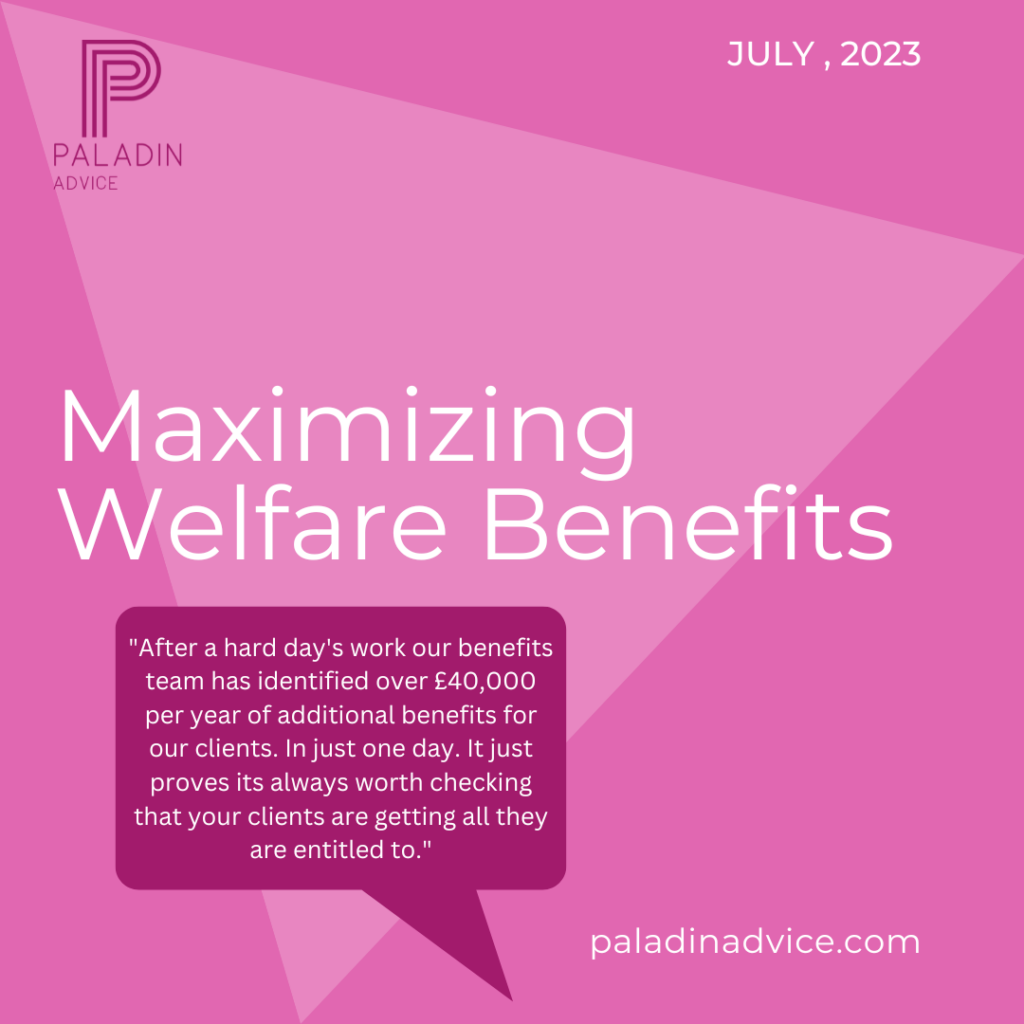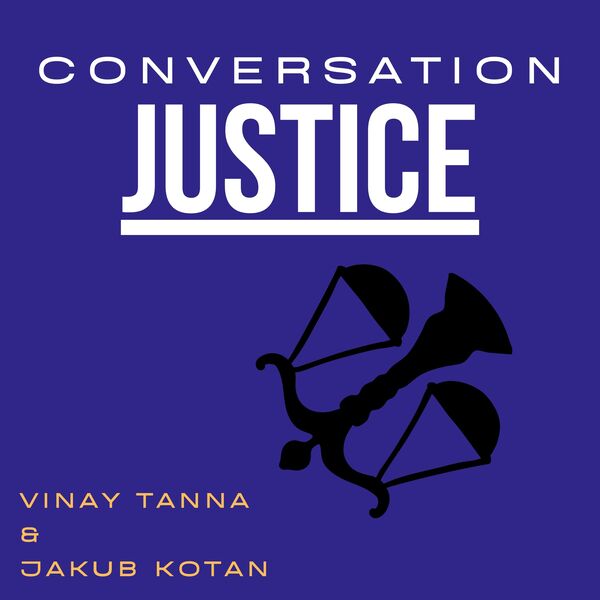Many of you will be aware of the McCloud and Sergeant Judgements, it is having a significant impact on pension loss claims for any individuals that are members of any of the public sector pension schemes.
The McCloud and Sergeant judgments are two landmark decisions made by the UK Supreme Court that have significant implications for public sector pensions. The cases relate to the introduction of new pension schemes in the UK public sector in 2015, which were designed to replace existing schemes. However, the changes were found to be discriminatory, particularly in relation to age discrimination, and the judgments have had wide-ranging implications for public sector pensions.
The McCloud judgment refers to a case brought by members of the Judicial and Firefighters’ pension schemes, who argued that the new pension schemes introduced in 2015 were discriminatory. Specifically, they argued that the transitional arrangements put in place as part of the changes unfairly benefited older members of the scheme, while disadvantaging younger members. The Supreme Court agreed with this argument, finding that the transitional arrangements did amount to age discrimination, and that they could not be justified.
The Sergeant judgment is similar in nature, but relates to a different set of pension schemes. In this case, the Supreme Court found that the changes to the pension scheme for members of the police force were also discriminatory. Like in the McCloud case, the issue was with the transitional arrangements, which the court found to be unjustified and discriminatory.
The impact of these judgments has been significant, particularly in relation to the cost of public sector pensions. The government has estimated that the cost of implementing the judgments could be as much as £17bn, with the majority of this cost falling on the taxpayer. The government has also had to revisit its pension arrangements for public sector workers, and has been forced to make changes to ensure that they are no longer discriminatory.
One of the key issues raised by the judgments is the importance of ensuring that pension schemes are fair and equitable for all members. The transitional arrangements put in place as part of the 2015 changes were found to be discriminatory because they gave older members of the scheme a significant advantage over younger members. This highlights the importance of considering the needs of all members when designing pension schemes, and ensuring that they are fair and sustainable over the long-term.
The judgments have also raised wider questions about the role of public sector pensions in the UK. While these pensions are often seen as an important part of the social contract between the state and its citizens, they can also be a significant financial burden on the taxpayer. The McCloud and Sergeant judgments have highlighted the need for greater transparency and accountability in relation to public sector pensions, and have raised important questions about how these schemes should be funded and managed in the future.
Overall, the McCloud and Sergeant judgments have been a significant development in the ongoing debate about public sector pensions in the UK. While they have raised a number of challenges and uncertainties for the government, they have also highlighted the importance of fairness and equity in pension provision, and the need for greater transparency and accountability in this area. As such, they are likely to have a lasting impact on the way that public sector pensions are managed and regulated in the years to come.
The McCloud judgment remedy relates to the steps that the UK government has taken to address the age discrimination identified in the case. Specifically, the remedy is designed to ensure that members of the relevant public sector pension schemes are not unfairly disadvantaged as a result of the transitional arrangements introduced in 2015.
In response to the judgment, the government has introduced a remedy that involves providing members of affected schemes with a choice between two different pension schemes. The first option is a ‘legacy’ scheme, which is based on the pre-2015 pension arrangements and does not contain the discriminatory transitional arrangements. The second option is the ‘reformed’ scheme, which is based on the 2015 pension arrangements but with modifications to remove the discriminatory aspects.
Members of the affected schemes have been given the choice of which scheme they wish to be a member of going forward. Those who opt for the legacy scheme will have their benefits calculated based on the pre-2015 arrangements, while those who opt for the reformed scheme will have their benefits calculated based on the modified 2015 arrangements.
In addition to these options, the government has also committed to providing transitional protection for members who have already retired or who are within ten years of retirement. This protection will ensure that those members are not disadvantaged as a result of the discrimination identified in the McCloud case.
Overall, the McCloud judgment remedy is designed to provide affected members with a fair and equitable solution to the age discrimination identified in the case. By providing a choice between two different pension schemes, the government has sought to address the concerns raised by the Supreme Court while also ensuring that the pension schemes remain financially sustainable over the long-term.
So how does this impact on pension loss claims I hear you ask? As there is no one size fits all solution to the remedy it really is on a case by case basis. For each claimant it will depend significantly on the future career path that is being put forwards. So, in some cases where there are multiple scenarios the remedy may be different in each scenario. As always with pensions it is complicated and in order to make the correct assessment of the position we will run a “better off” calculation to see whether staying in the legacy scheme or moving to the new scheme will lead to the better pension.
In simple terms Don’t risk it! Ask and expert for assistance. Either on a formally appointed expert basis or alternatively on an agency basis.
Email enquiries@paladinfinancialexperts.com with any questions or instructions.
Best wishes, Ian



